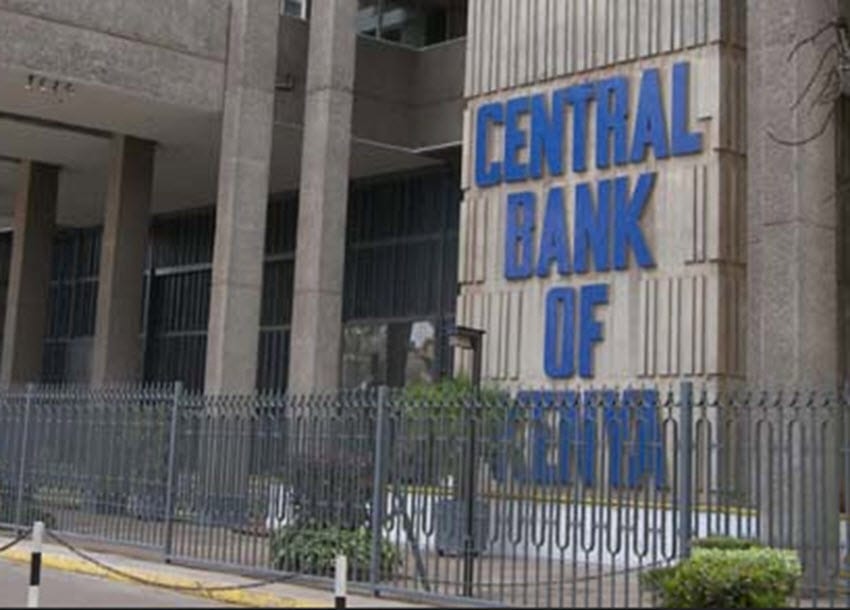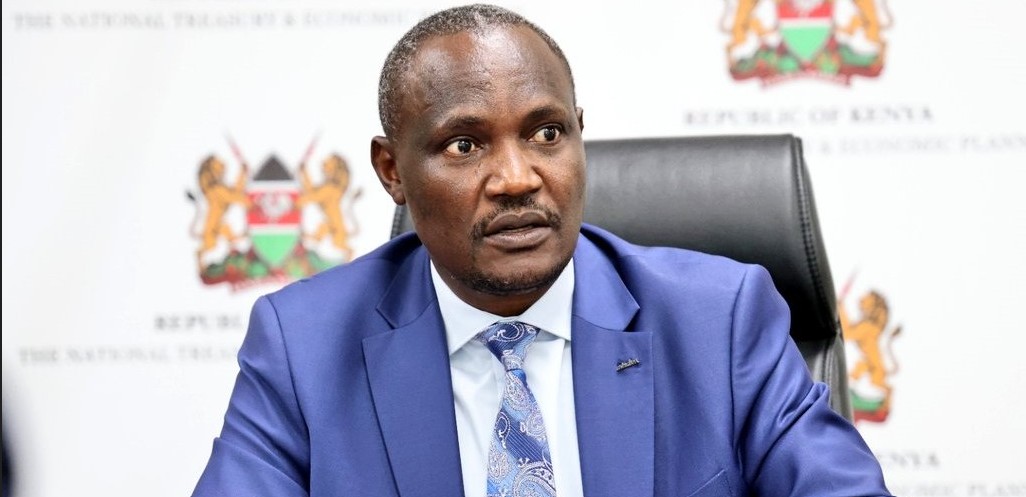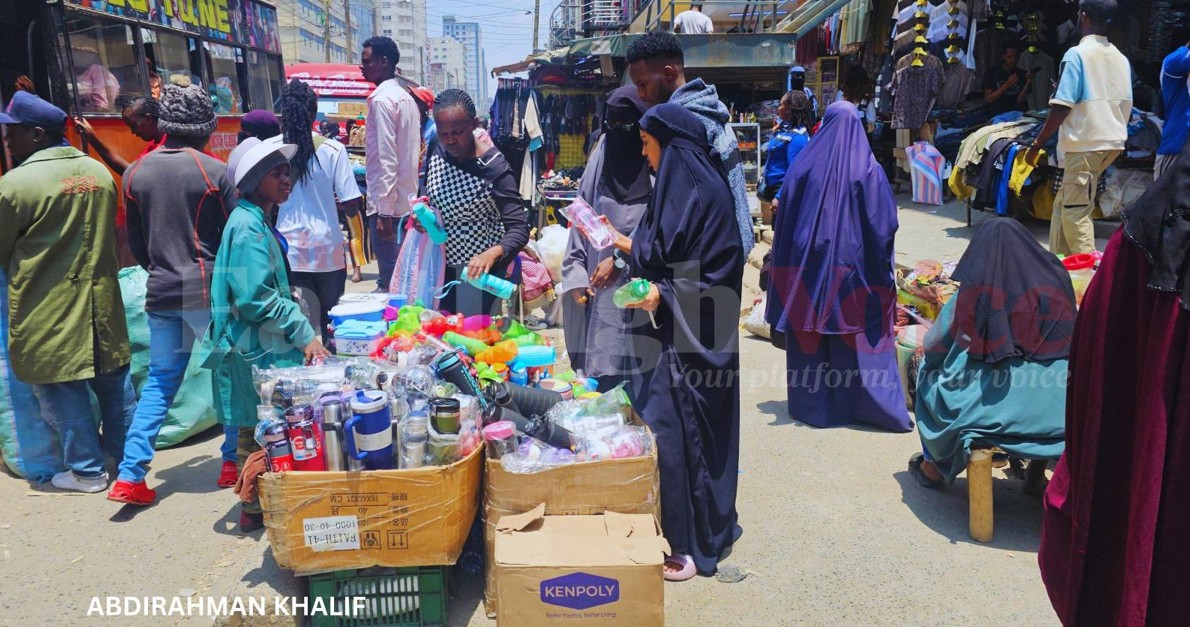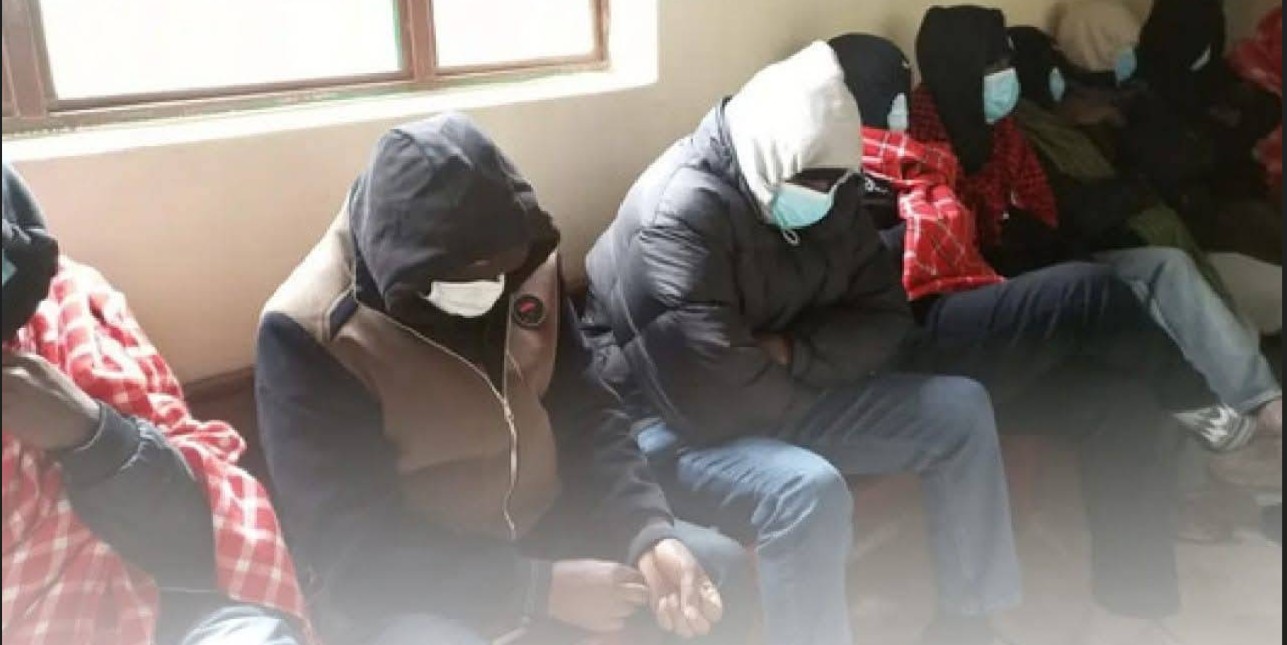CBK grants licenses to 19 new digital lenders

The CBK received over 480 applications for licensing as firms rushed to comply with the Act.
The Central Bank of Kenya (CBK) has announced the licensing of 19 additional Digital Credit Providers (DCPs) to operate within the country, bringing the total number of registered digital lending firms in Kenya to 51.
This new registration follows the provisions of Section 59(2) of the Central Bank of Kenya Act. The CBK received over 480 applications for licensing as firms rushed to comply with this Act.
More To Read
- Kenya’s banking sector at a crossroads: Economist analyses new capital rules and licensing shift
- CBK licenses 27 more digital lenders in bid to boost consumer protection
- CBK: Microfinance banks struggling with loan defaults amid shrinking deposits
- Foreign workers in Kenya remitted home Sh91 billion - CBK
- CBK revises credit pricing model, adopts new benchmark rate for loan pricing
- Tourism and agriculture leading in hiring as other sectors stumble
Among the approved digital lenders are Jijende Credit, Ngao Credit, Little Pesa Limited, and Lipa Later Limited, among others.
According to the CBK statement, since 2022, they have closely reviewed the applications received and have been engaging with other regulators and agencies, such as the Office of the Data Protection Commissioner, to ensure adherence to relevant laws and consumer protection.
The CBK emphasized the importance of safeguarding the interests of customers and ensuring the fitness and propriety of proposed shareholders, directors, and management of these digital lending firms.
Furthermore, the statement indicated that some applicants are still in various stages of the registration process, awaiting the submission of necessary documentation.
The CBK urged these applicants to expedite the submission of pending documentation to facilitate the review of their applications.
The regulatory framework for non-deposit-taking credit providers in Kenya was established three years ago with the enactment of the Central Bank Amendment Bill, 2021. This legislation empowers the CBK to regulate DCPs and suspend those that breach data confidentiality or impose high interest rates without consultation, penalizing them accordingly.
Top Stories Today












































